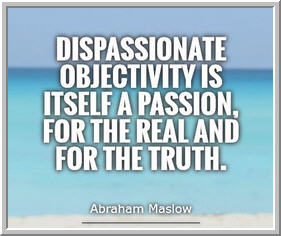Much of trading psychology, like much of traditional applied psychology, is problem-focused. We start with a problem and we look to identify and remove or minimize the cause of the problem. This is similar to the framework in medicine. We start with symptoms, diagnose an illness, and seek a treatment that will cure the disease.
What if, however, our periods of less than peak functioning are not simply the result of the presence of problems, but rather the relative absence of strengths and positive factors? Positive psychology has identified a number of virtues and strengths that describe our core passions: six core virtues and 24 strengths cutting across these. Perhaps we fall short, not because we are beset with problems, but because we fail to consistently tap into the qualities that generate our deepest fulfillment. In medicine, this is the equivalent of a wellness approach: maximizing health through proper nutrition, physical activity, and and self care rather than through medications and treatments.
From the positive psychology perspective, no questions can be more important than the following:
Does your trading process consistently tap into your core personality and cognitive strengths?
When you are trading, are you consistently doing the things that bring you the greatest happiness and fulfillment in life?
When you are not trading, in your personal life, are you consistently doing the things that maximize your joy, life satisfaction, energy, and connections with others?
Perhaps trying to solve your problems is taking you further from your answers. Perhaps you are falling short of your potential because you are not consistently tapping into the strengths and passions that bring out the best in you.
In my next post, we'll explore an exercise designed to assess where you stand relative to your greatest virtues and strengths.
Further Reading: Finding Your Trading Talent
.






















